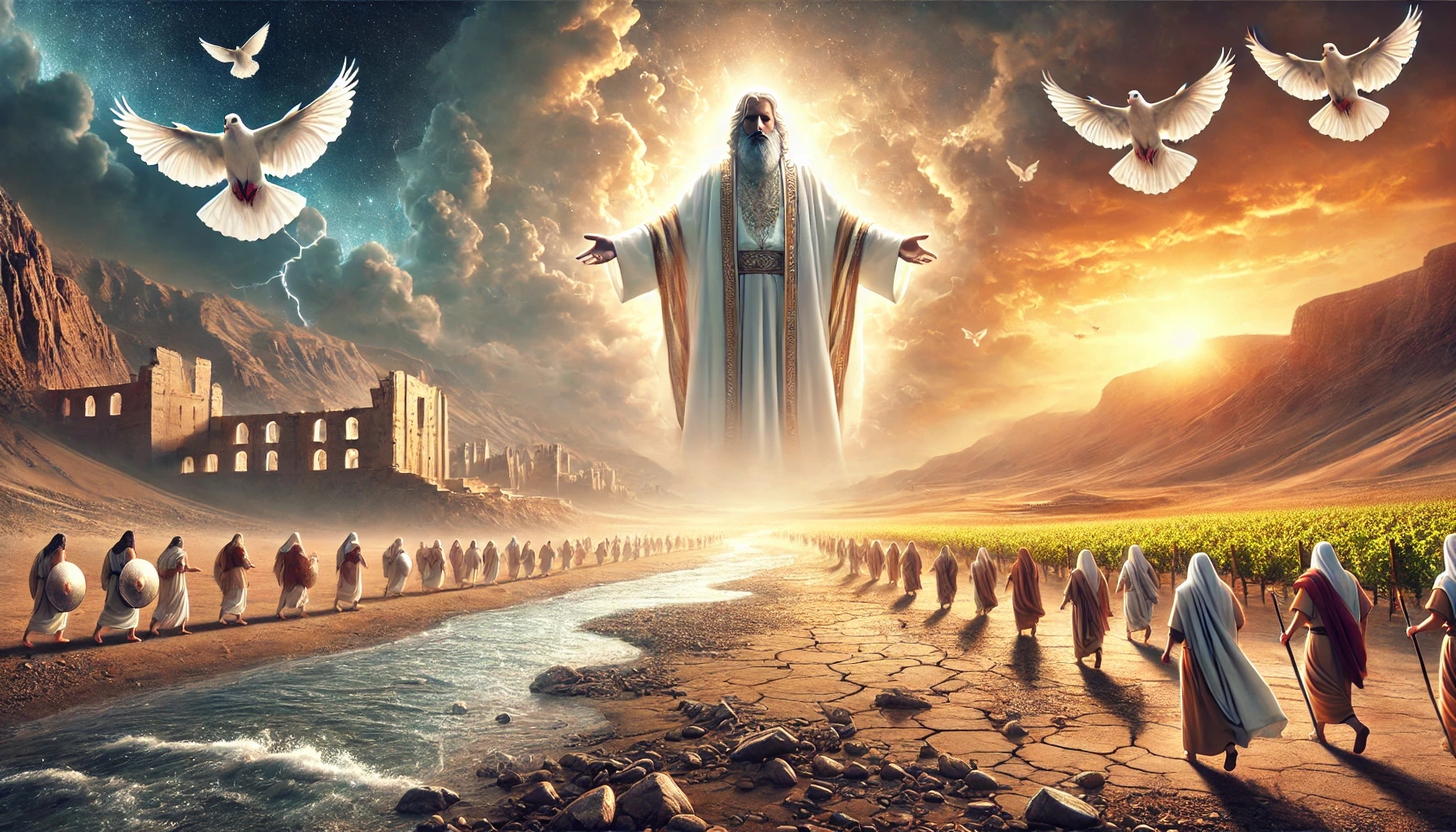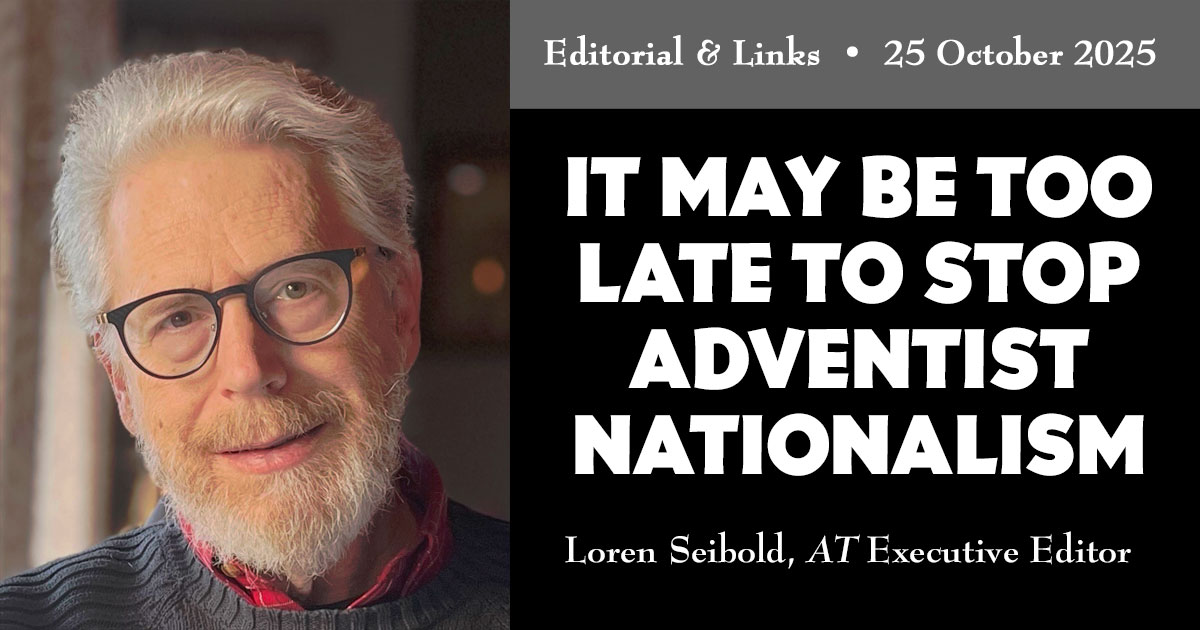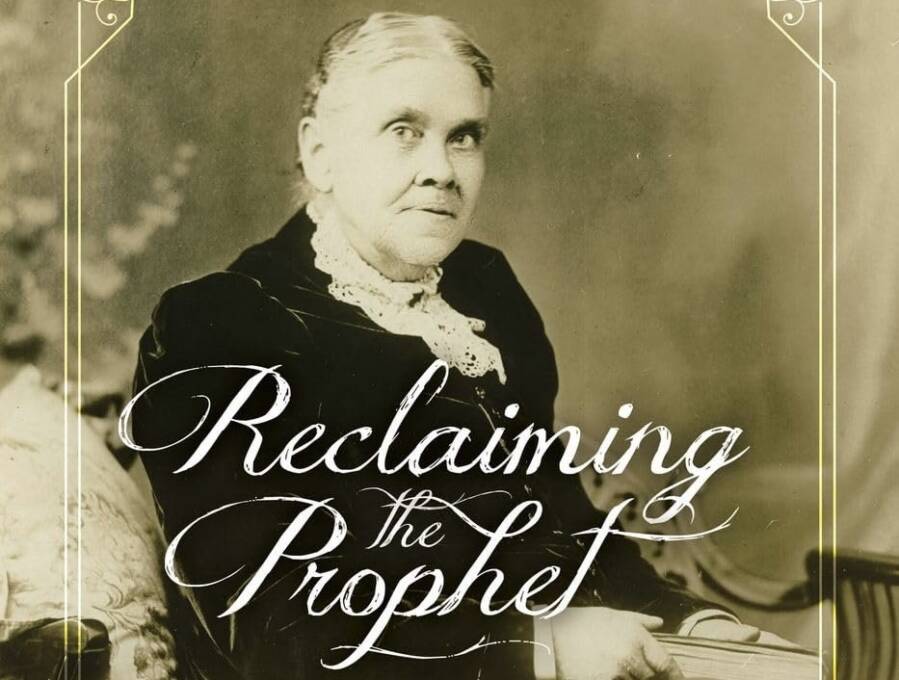"The Love of God Medley" is a heartfelt expression of the deep, unchanging love of our Savior. With tenderness and passion, Marty Loriezo weaves together beloved melodies that reflect the immeasurable grace and mercy of God. 🎶 This moving performance from the General Conference Session is a moment of worship. Press play and let these timeless truths wash over you, reminding your heart that God’s love never fails, never ends, and never lets go. SUBSCRIBE to the official Seventh-day Adventist Church channel: https://www.youtube.com/@AdventistOrgChurch 🌐 Visit: https://adventist.org Find us on social media by following the links below: Facebook: https://www.facebook.com/TheAdventistChurch Twitter: https://x.com/adventistchurch Instagram: https://www.instagram.com/adventistchurch Source: https://www.youtube.com/watch?v=YC_-D5VFmhY
Women’s Ministries in Albania Launch Nationwide Prayer Network
In April 2025, the Albanian Mission (AM) launched Të bashkuara në Lutje (United in Prayer) , a nationwide online initiative bringing Adventist women together to strengthen their faith and fellowship through prayer. Organized by the Women’s Minist… Source: https://adventist.news/news/women’s-ministries-in-albania-launch-nationwide-prayer-network
Lessons of Faith from Joshua – Lesson 5.God Fights for You | 📘 Sabbath School with Pastor Mark Finley

Series LESSONS OF FAITH FROM JOSHUA with Pastor Mark Finley
Lesson 5: God Fights for You
A Lesson on Justice, Judgment, and Hope
Lesson 5 poses a challenging but important question: Why did God command wars in the Old Testament, especially against the Canaanites? To understand this issue, we must consider God’s character as a holy, patient, and righteous Judge. The Bible shows that God’s interventions were never arbitrary or cruel, but part of His greater plan to fight evil and preserve His people. Yet the path to repentance remained open—even for Israel’s enemies. This lesson helps us interpret God’s actions in light of His justice and love. At the same time, it points beyond war to God’s ultimate goal: peace through the coming Messiah.
Content:
5.1 The Canaanites’ Iniquity
God’s Justice and Patience in Dealing with the Canaanites
The referenced Bible texts show that God’s decision to give Israel the land of Canaan was not arbitrary but part of a long-term and just plan. For generations, the Canaanites lived in deep moral and spiritual corruption, including practices such as child sacrifice and occult rituals. Yet God granted them a long period of grace—over 400 years (see Genesis 15:16)—to repent. Archaeological findings and historical accounts confirm the depth of their depravity. Only when their guilt was complete and they showed no repentance did God intervene. The conquest of Canaan by Israel was thus a judgment on an unrepentant culture, not an unjust act of displacement.
5.2 The Supreme Judge
God – The Righteous Judge of All Nations
These verses reveal that God is a righteous and impartial Judge who always acts in line with His holy and perfect character. He does not judge arbitrarily, but with patience, truth, and justice. As Judge, God cannot ignore sin indefinitely—neither among the Canaanites nor in Israel. His judicial role helps us understand divine warfare not as cruelty but as a final consequence in the fight against evil. God’s goal is never violence for its own sake, but the restoration of order, justice, and peace. This perspective reveals a God who fights injustice—out of love for His creation and in faithfulness to His character.
5.3 Dispossession or Annihilation?
Expulsion, Not Annihilation – God’s Goal in Holy War
The compared Bible texts show that God’s original goal was not the complete destruction of the Canaanites but their expulsion and the removal of their religious practices. The focus was on destroying pagan altars and cultic sites to preserve Israel’s purity in faith. Only where the inhabitants knowingly resisted God’s will and barricaded themselves in cities did total destruction occur. Even during the conquest, God offered ways of salvation—as in the example of Rahab. Destruction was not the goal itself, but the consequence of rebellion against God’s justice. Likewise, in our personal lives, God calls for the removal of harmful influences that separate us from Him.
5.4 Free Choice
Free Will in Divine Judgment – Between Life and the Ban
The war laws in Deuteronomy clearly show that God’s judgment on nations was not arbitrary but based on their conscious rebellion against Him. Even during holy war, the possibility of repentance remained—as seen with Rahab or the Gibeonites. The cherem (ban) applied only to those who actively and stubbornly opposed God’s will. At the same time, Israel itself could fall under this ban if it abandoned God’s commandments (Deut 13). This shows: Free will has always been central in our relationship with God—no one is saved or condemned automatically. Our decisions for or against God’s ways have eternal consequences, for in the spiritual battle there is no neutrality.
5.5 The Prince of Peace
The Prince of Peace – God’s Goal Is Eternal Peace
The prophets of the Old Testament draw a clear picture: God’s ultimate plan for His people is not endless war, but an eternal kingdom of peace under the Messiah, the Prince of Peace. In Isaiah and Micah, we see visions of a world without violence, where justice, healing, and harmony prevail. The story in 2 Kings 6 illustrates that even in the face of the enemy, God’s way of mercy and peace is possible. Elisha did not act out of revenge but revealed God’s true nature—peace instead of retaliation. This shows: War was never God’s end goal, but a temporary measure in the fight against evil. Our mission today is to be peacemakers—a reflection of what God has intended for humanity from the beginning.
5.6 Summary
God Fights – But for Justice and Peace
Lesson 5 sheds light on God’s role as a warrior in the Old Testament in the context of divine justice—not human cruelty. The conquest of Canaan was an expression of judgment against a deeply corrupt culture, not nationalism or power-seeking. God’s goal was not destruction, but the removal of godless practices—with room for repentance for all who turned to Him. As a just Judge, God acts impartially and expects faithfulness even from Israel; otherwise, it too would fall under judgment. Despite the context of war, the Bible points toward a future of peace under the Messiah, the Prince of Peace. God’s ultimate plan is not war, but the restoration of justice, reconciliation, and eternal peace.
Worship | Oct 25, 2025 – 144,000: Sight Meets Sound
144,000: Sight Meets Sound – Pr. Michael Pedrin
Study: Lesson 4, The Conflict Behind All Conflicts — Elder Hudson Kibuuka THANK YOU for your continued financial support of our Media Ministries. Please donate by visiting "https://adventistgiving.org/#/org/ANB4RC/envelope/start" and select “Media Ministries”. Connect With Us
X: RemnantSDA
Facebook: RemnantSDAchurch.org
Instagram: RemnantSDAchurch Source: https://www.youtube.com/watch?v=rlab9jipiWI
Théologie adventiste et histoire: amour et immobilisme

par Jacques Trujillo | 24 octobre 2025 | L’histoire est sujette à interprétation L’interprétation des prophéties bibliques par l’Eglise adventiste est historiciste. C’est-à-dire que les prophéties sont à lire comme recouvrant l’histoire du peuple de Dieu depuis ses origines jusqu’à la fin du monde.[1] Il s’agit donc d’identifier les évènements historiques porteurs de sens, «les […] Source: https://atoday.org/theologie-adventiste-et-histoire-amour-et-immobilisme/
Editorial: It May Be Too Late to Stop Adventist Nationalism

For most of my life, we Adventists have feared Sunday laws. Sunday laws have never happened: even Sunday store closing laws (which were never actually a threat to our Sabbath worship) have largely disappeared. But there was a deeper principle behind the Adventist pioneers’ warnings: when religion and politics become entangled in any way, it […] Source: https://atoday.org/editorial-it-may-be-too-late-to-stop-adventist-nationalism/
God First: Your Daily Prayer Meeting #1156
"If you believe, you will receive whatever you ask for in prayer" (Matthew 21:22, NIV).
Tag someone in need of prayer, and kindly share your prayer requests here:
https://wkf.ms/3DBuapQ Source: https://www.youtube.com/watch?v=RQzmdz4eeto
SdS – Il libro di Giosuè – Lezione 05
DIO COMBATTE PER TE. Approfondimento della lezione 05 del 4° trimestre 2025 a cura di Mariarosa Cavalieri, Chiara Calabrini e Nicolò D'Elia. 📩 Trovi i materiali utili qui:
🔗 https://uicca.org/4-trimestre-2025-lezione-05
🔗https://uicca.org/nocciolo-4-trimestre-2025
🔗 https://uicca.org/edizioni-adv-4-trimestre-2025 Source: https://www.youtube.com/watch?v=byRh2p9MPTI
Adventist Volunteers Assist Flood Recovery in Taiwan After Typhoon Ragasa Overflow
On September 23, 2025, heavy rain from the outer circulation of Typhoon Ragasa caused the upper reaches of the Mataian River in Hualien, Taiwan, to overflow. The massive flow destroyed the Mataian River Bridge and carried a large amount of mud and… Source: https://adventist.news/news/adventist-volunteers-assist-flood-recovery-in-taiwan-after-typhoon-ragasa-overflow
$2,500 To Go LIVE—Help Us Stream ‘Reclaiming the Prophet’

We need your immediate help to secure a $2,500 livestreaming budget to broadcast a critical global dialogue. This essential conversation—a panel discussion on the book Reclaiming the Prophet: An Honest Defense of Ellen White’s Gift—is being jointly presented by Adventist Today, Spectrum, and the LLUC Sabbath Seminars class. It takes place on Sabbath, November 8, […] Source: https://atoday.org/2500-to-go-live-help-us-stream-reclaiming-the-prophet-now/
- « Previous Page
- 1
- …
- 164
- 165
- 166
- 167
- 168
- …
- 4847
- Next Page »

